
Ready. Set. Grow!
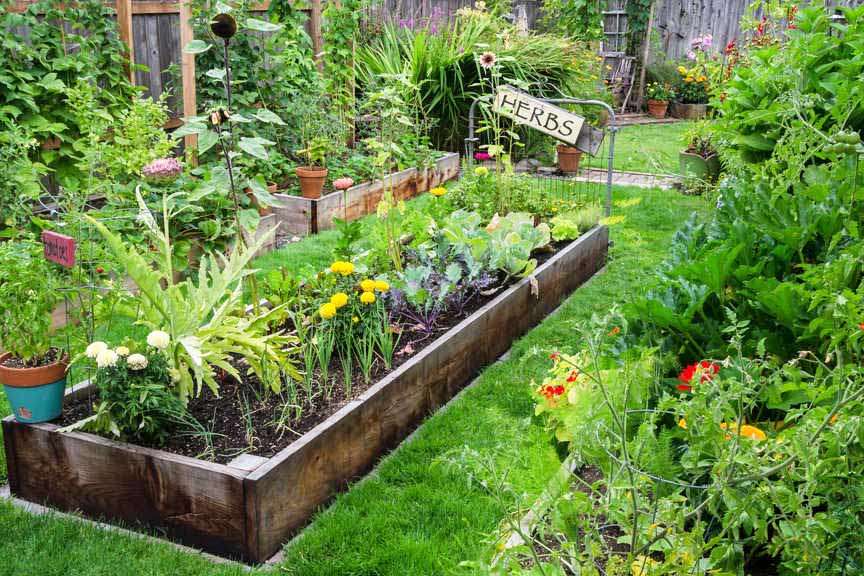
Tips For Starting A Raised Veggie Bed
It's time to get your warm-season veggies in the ground, and raised beds are a great option for growing all your edible plants. Raised beds offer convenience and comfort because you can tend to your veggies without bending over or sitting on the ground. Raised beds also allow more control over the soil and amendments—and soil in a raised bed is typically warmer earlier in the season, which will give you a jump start on your summer garden.
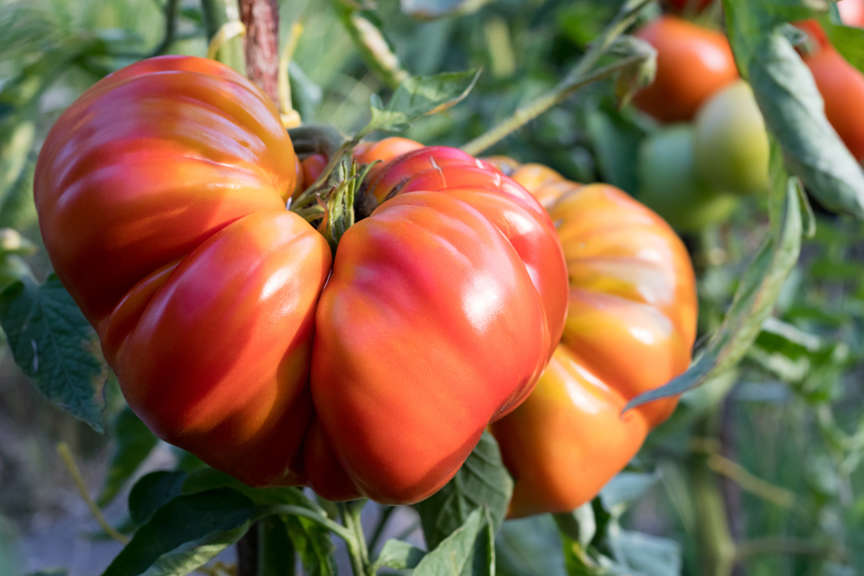
Here Comes The Sun
Veggies and tomatoes need a lot of sun, ideally, six to eight hours a day. When choosing a location for your raised veggie bed, consider how much sun the area gets.
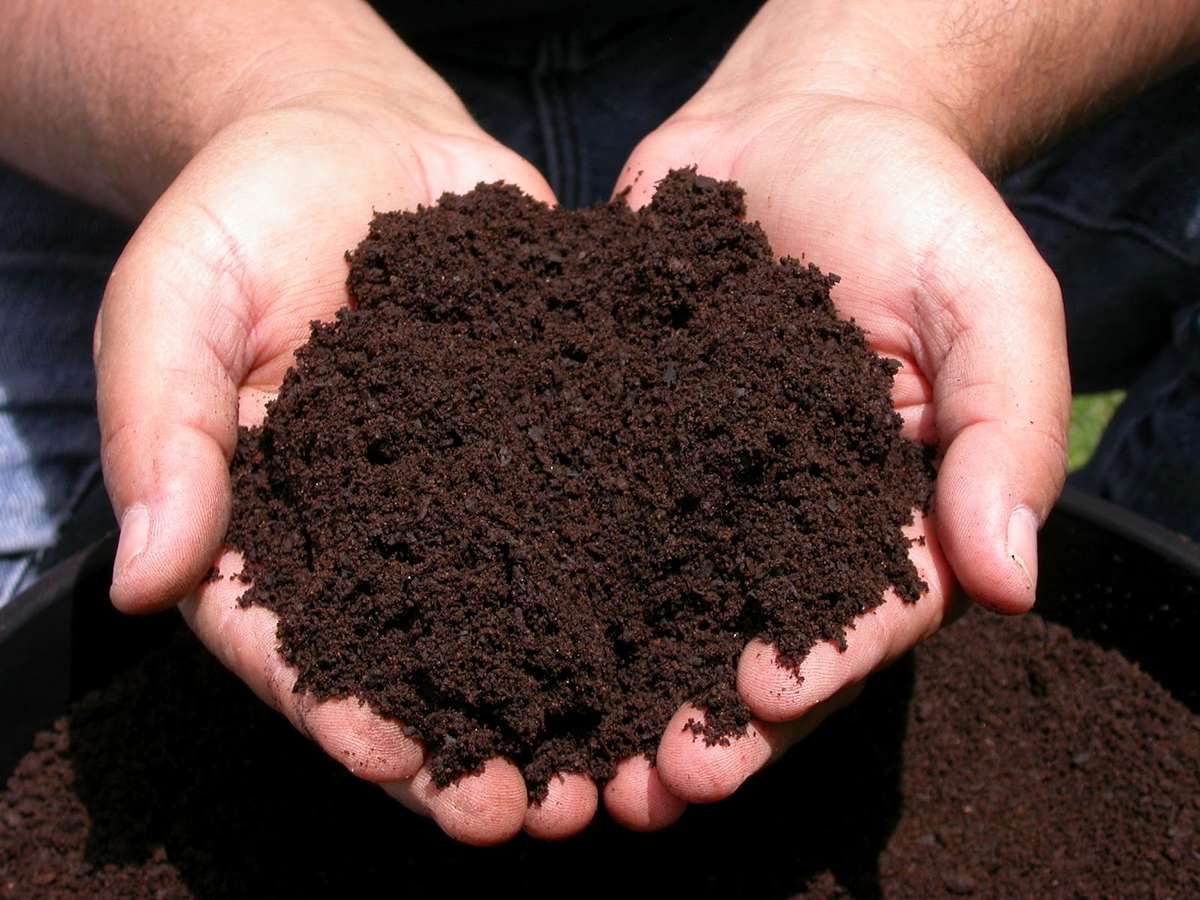
Soil
Your soil needs to be nutritious and have good drainage. We recommend using high-quality soil and amendments. E.B. Stone™ Organics Raised Bed Potting Mix is a healthy soil blend to start with. Amend new and existing soil by adding E.B. Stone Organics Organic Compost or E.B. Stone Organics Soil Booster to condition your soil and provide important nutrients that will improve aeration and conserve moisture.
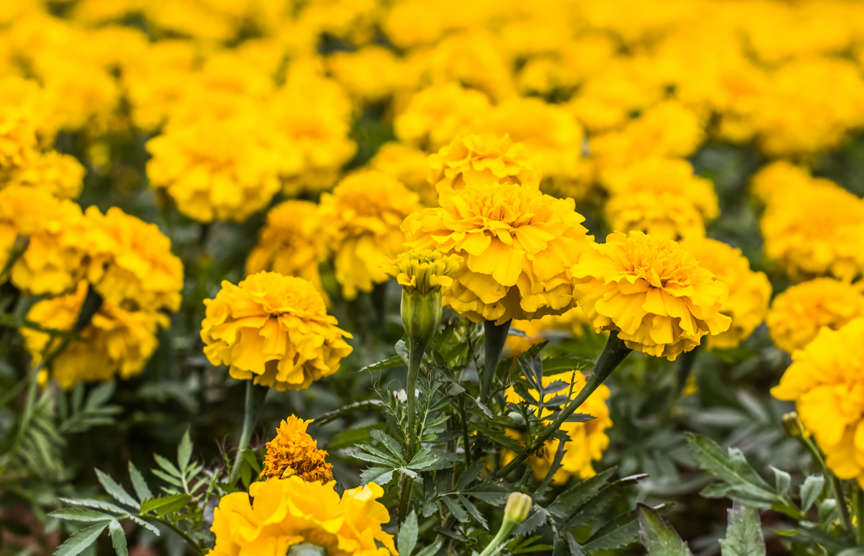
Planting for Success
- Placement is important. Remember that tomato plants will grow tall and start to block the sunlight of other veggies like squash. Keep these details in mind as you plant your edibles.
- Make the most of your vertical space by incorporating vining veggies that can be trained on a trellis. This works for cucumbers, beans, and even cantaloupes.
- Use herbs and annual flowers as border plants. Many flowers attract beneficial insects which defend your plants from the unwanted insect pests which harm them.
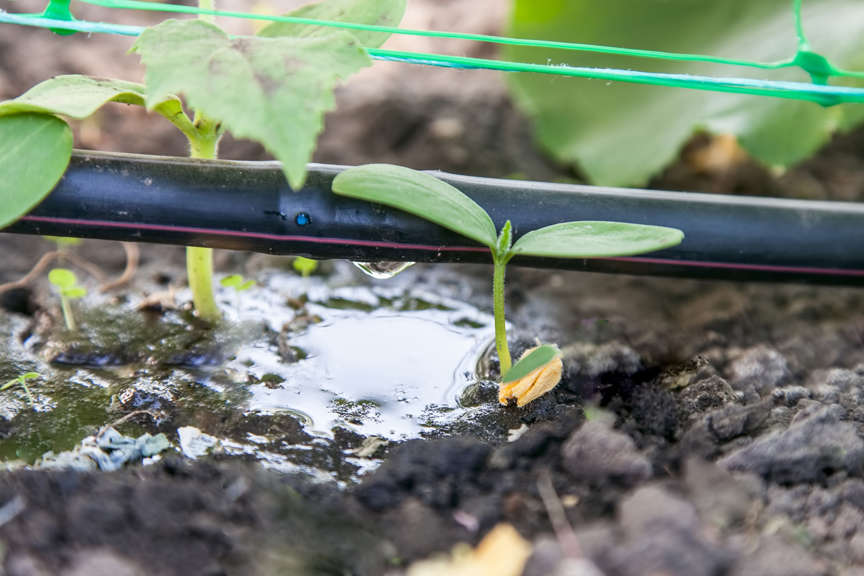
Watering
How often and how much you water will depend on your climate, soil, and sun exposure. Water low and slow. A soaker hose or drip system is great for vegetable gardens. Plants want consistently moist soil, not soggy soil. Inconsistent watering can lead to issues in your veggie garden, so be sure to test your method, then stick with it, increasing as the temperatures get hotter.
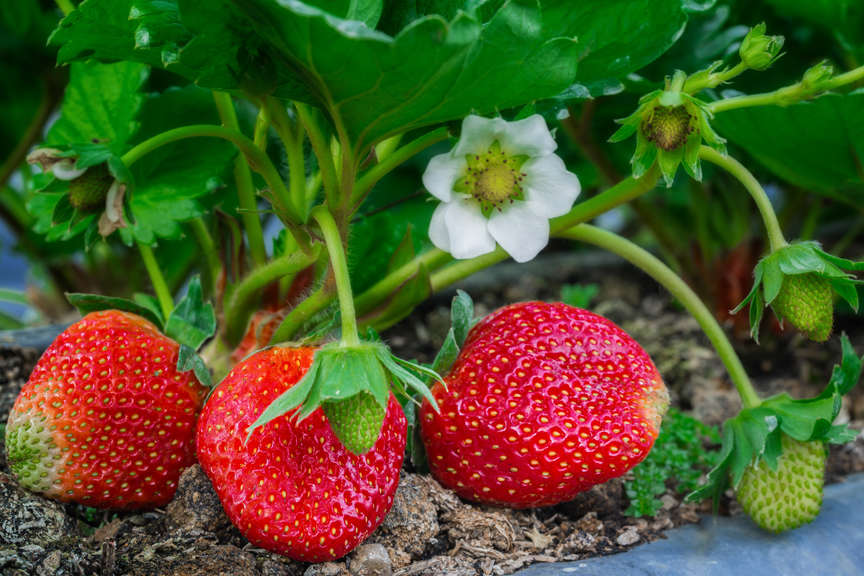
Maintain Your Garden
- Fertilize regularly with E.B. Stone Organics Tomato & Vegetable Food.
- Use Bonide® Insecticidal Soap or Bonide Neem Oil at the first sign of powdery mildew.
- Use Bonide Neem Oil or Insecticidal Super Soap—organic insecticides—to control sucking insects like aphids, whitefly, and more.
- Monterey B.T. or Bonide Captain Jack’s Dead Bug Brew are great controls for those nasty caterpillars.
- Use Sluggo® or a ring of copper tape around your bed to organically control snails and slugs.
- Sluggo Plus controls earwigs, sowbugs, and cut worms, as well as slugs and snails.
